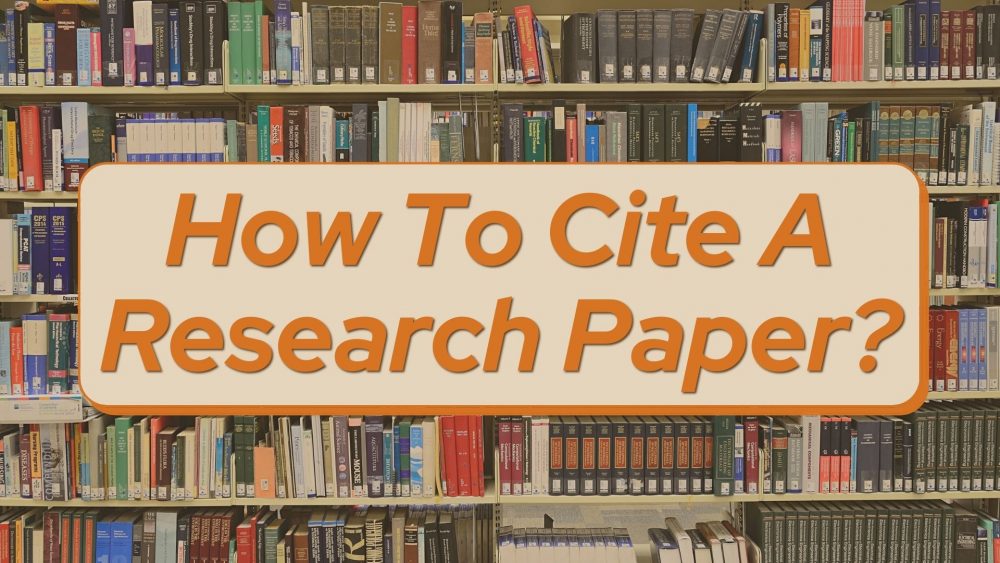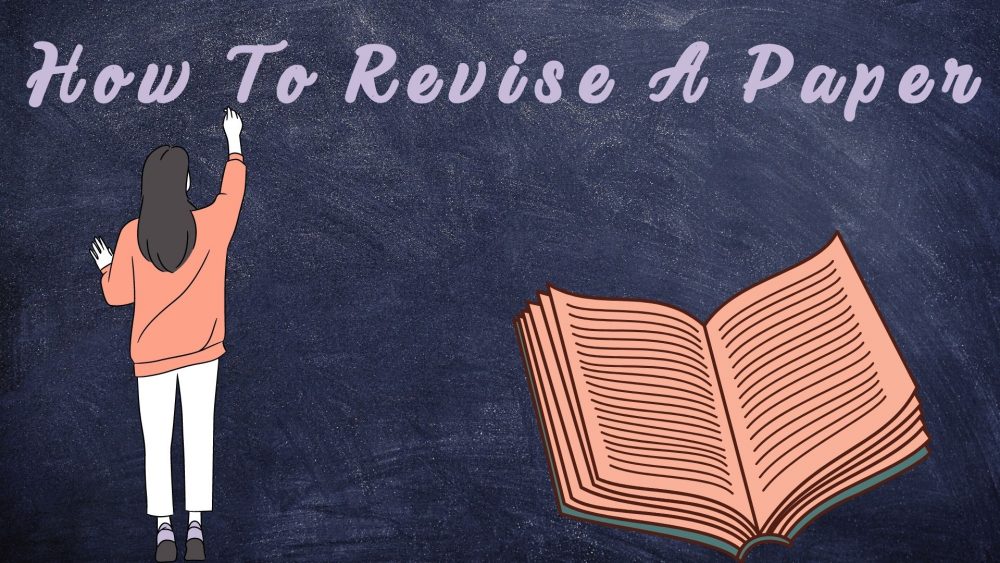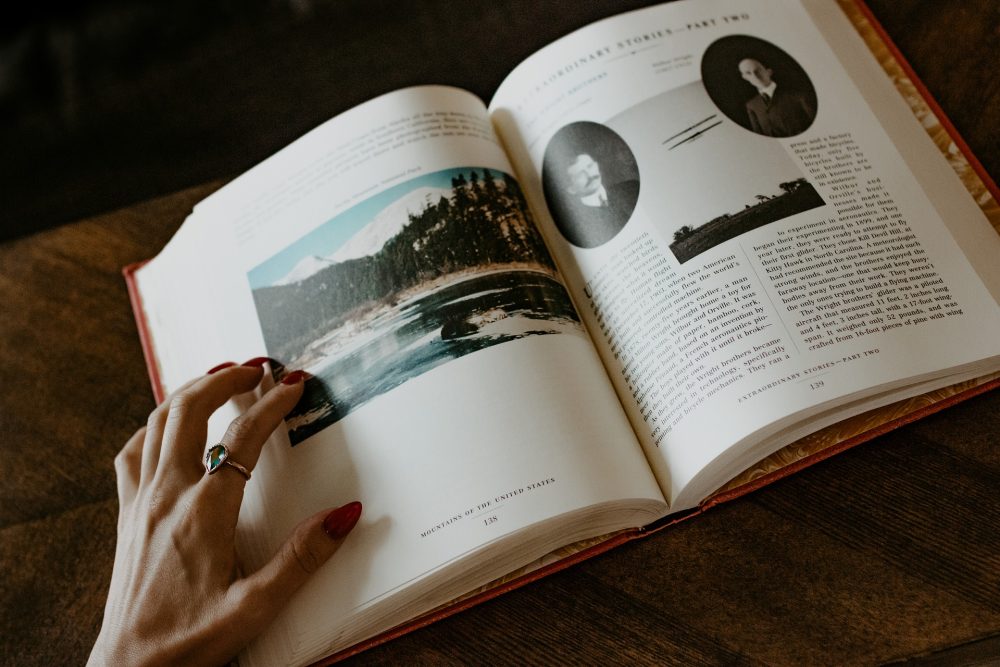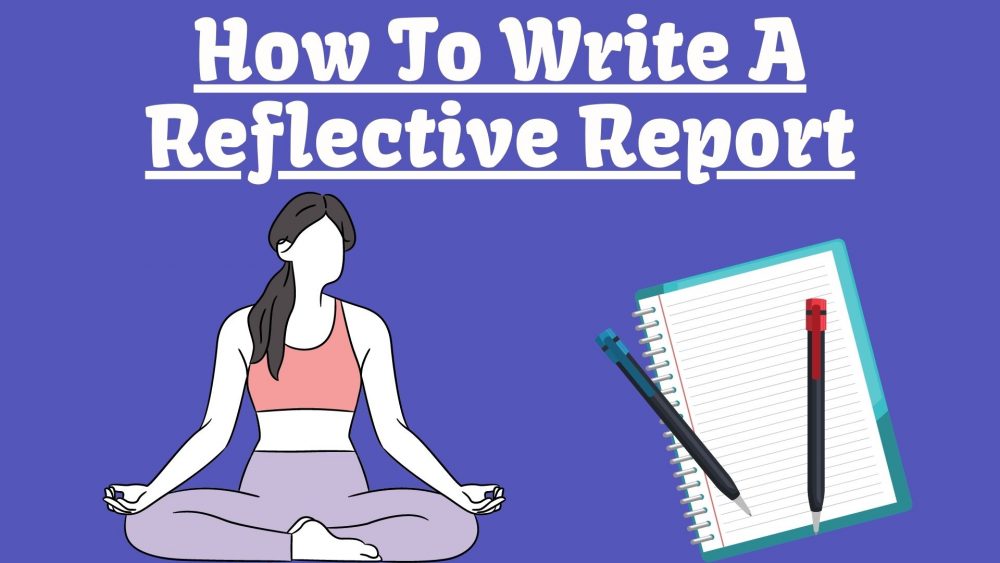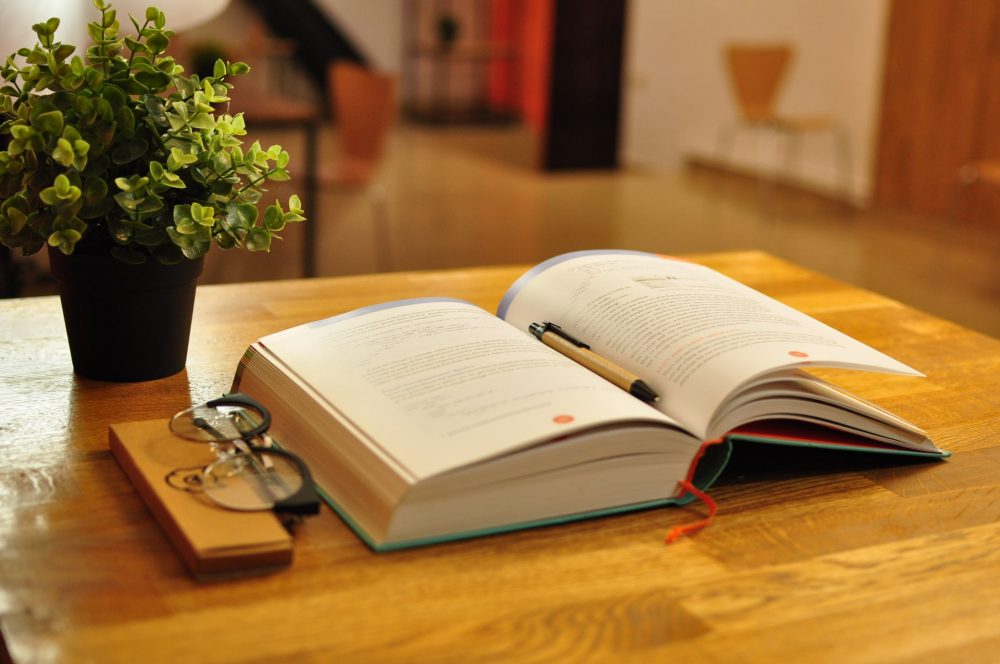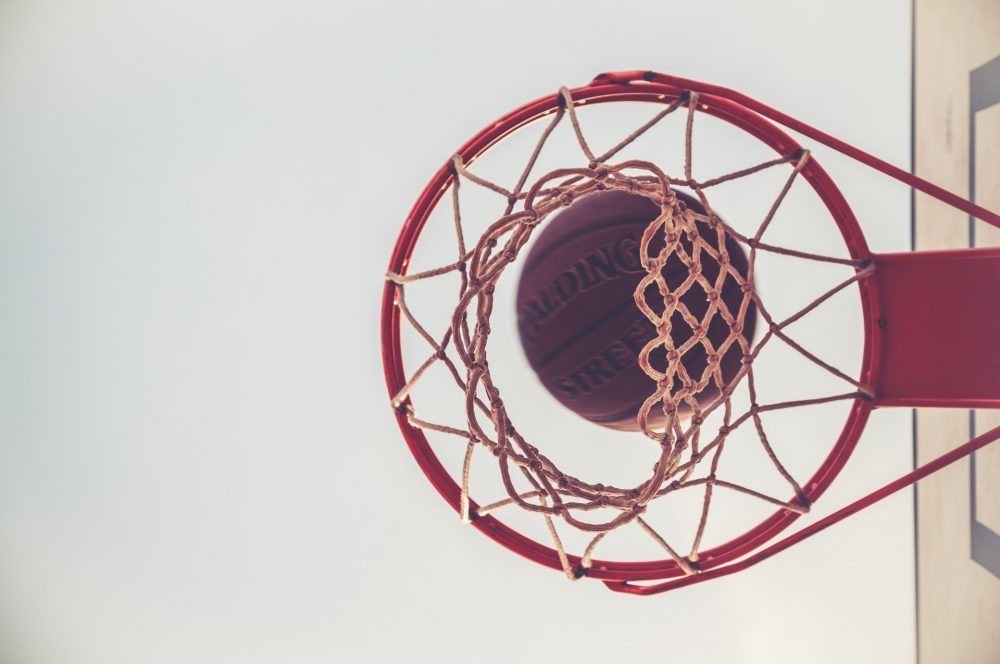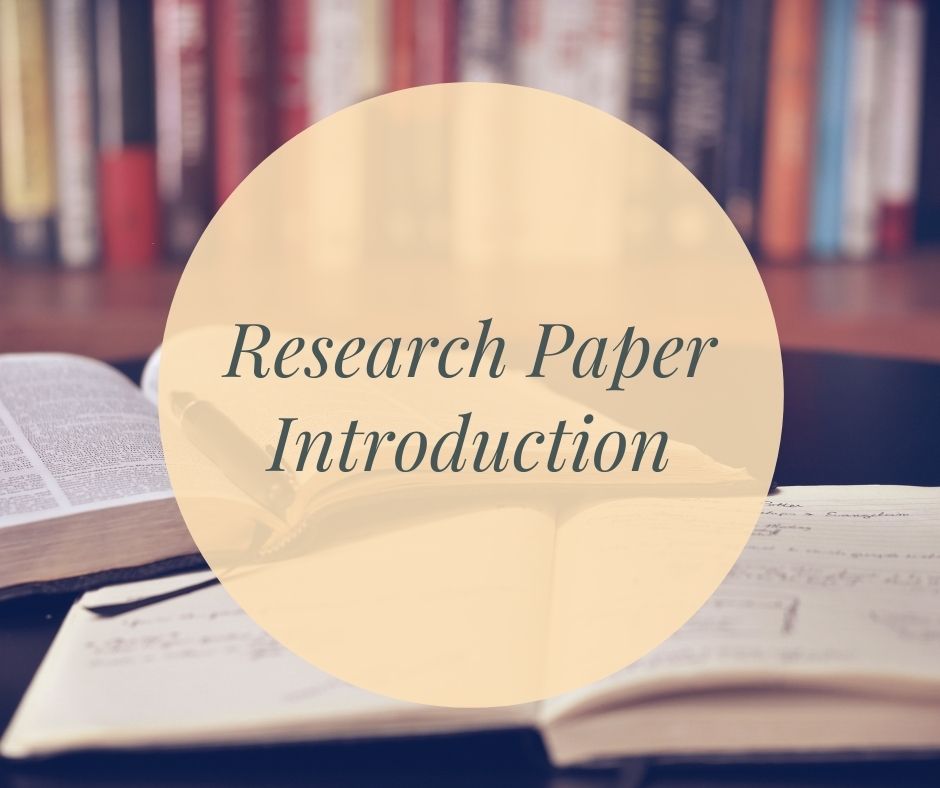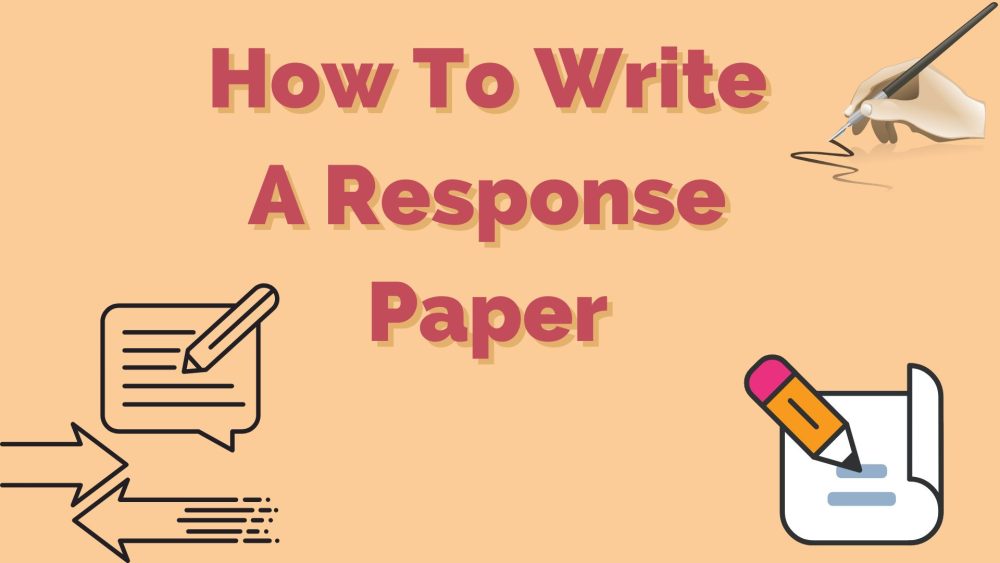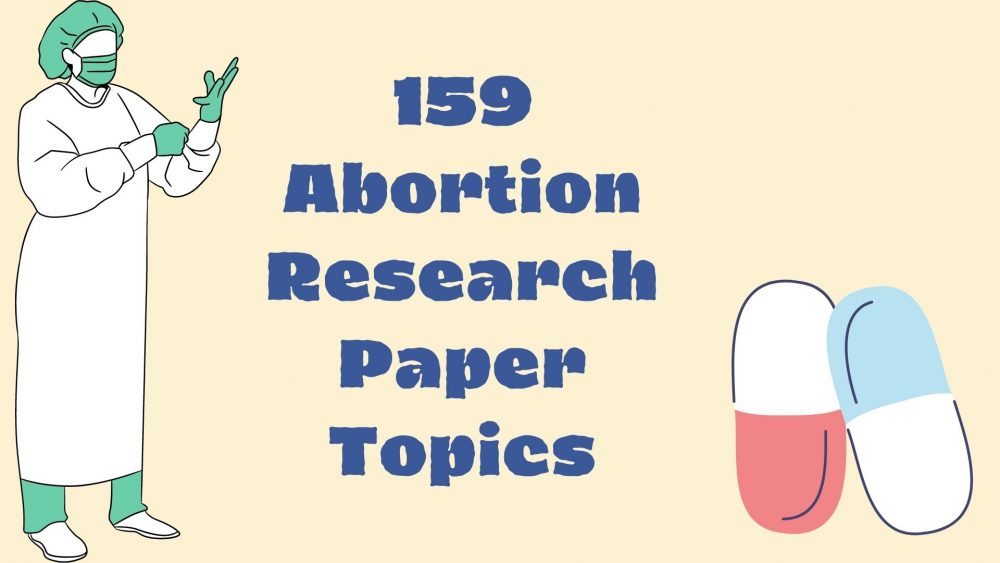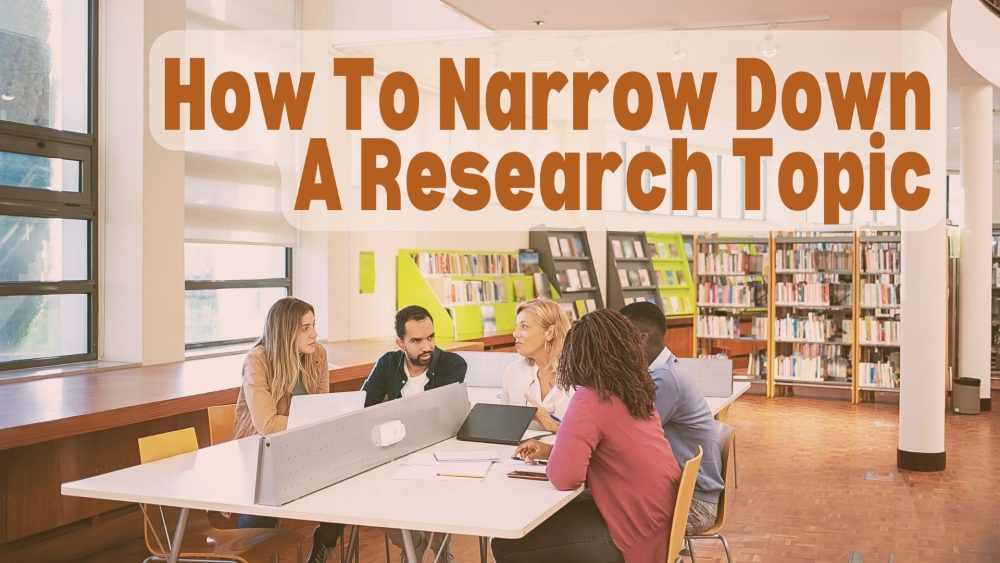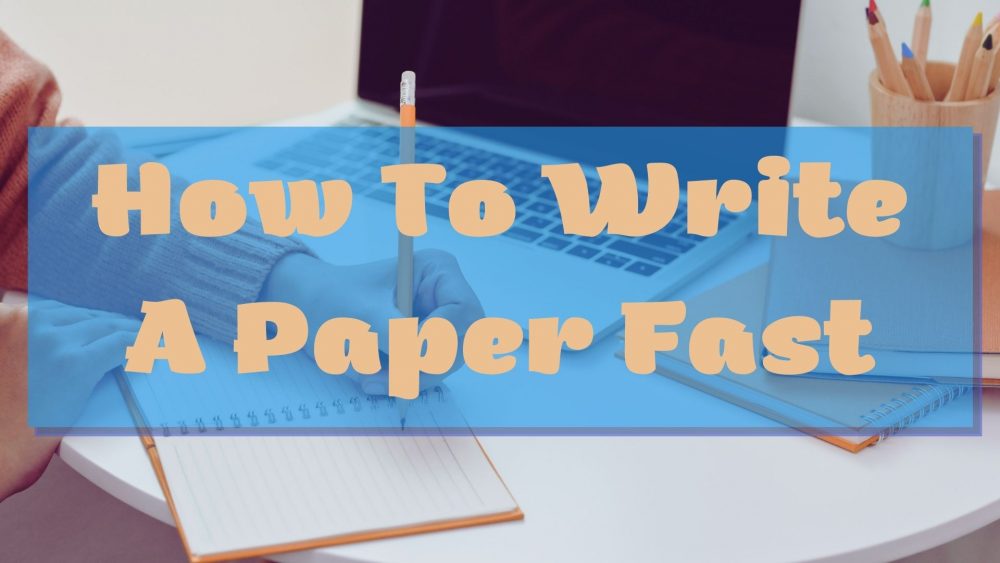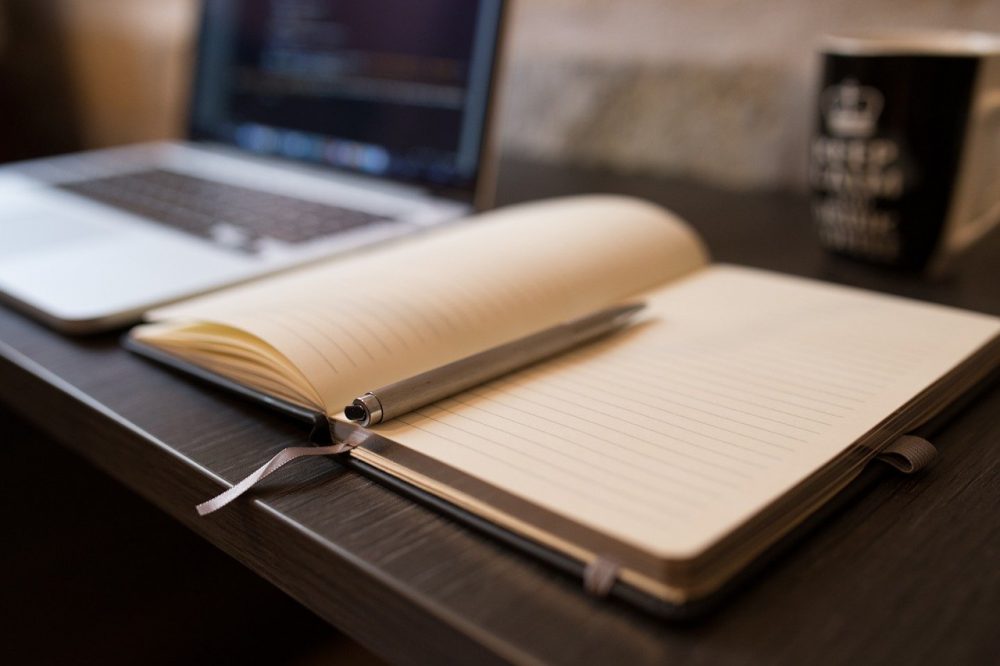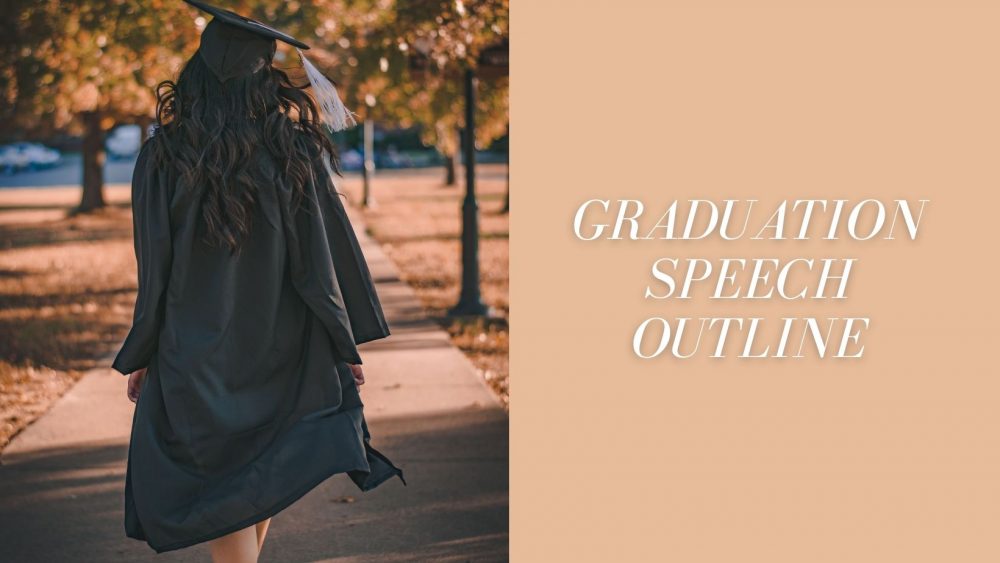How To Prove You Didn’t Plagiarize To Your Teacher
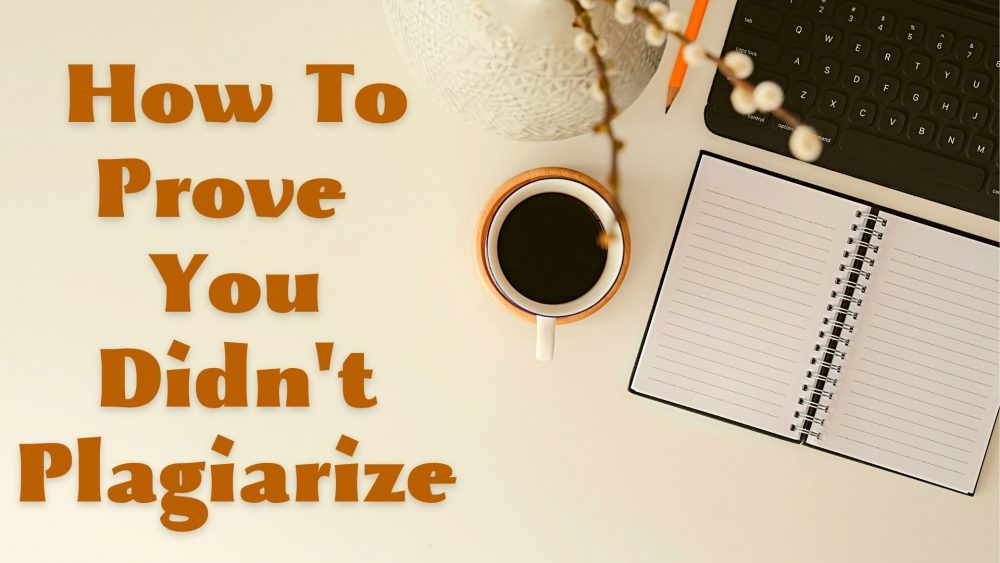
While writing a paper for middle school, high school, or college, often the biggest no-no is to write an inauthentic essay while plagiarizing. Though associated with acts of copying or borrowing content from other primary or secondary sources, it often comes with dire consequences. With plagiarism checkers not always being accurate and cited references not being considered, there are chances that you may be confronted by the accusation of plagiarism, even though you haven’t plagiarized. Since it can have significant implications like suspension or even expulsion, keep reading to understand plagiarism and how to reply to a plagiarism accusation.
What Is Plagiarism?
Plagiarism is known as the act of using someone else’s words or ideas without accrediting that person. It refers to stealing another person’s thoughts and passing them off as your own; committing literary theft.
Since this can often be a gray area, especially with research projects and exams not based on primary research, being wrongly accused of academic dishonesty is a reasonably common occurrence.
Examples Of Plagiarism
To better understand the actions that constitute plagiarism, it’s essential to understand the various types. These include:
- Incorrect Paraphrasing: If the paraphrased text is very similar to the original text, in terms of style, tone, and content, with only some synonyms, the author of the original text is not credited.
- Omission of citation of direct quotes: If you’ve picked up any direct quotes, don’t put them in quotation marks and omit to cite the author next to the quote.
- Combining different sources without citation: If you refer to a plethora of sources and merge the information you’ve picked from them all, without separate citations for the various sources
- Wrong citation methods: There are several acceptable methods of citing sources; if you didn’t use any of them while giving credit to your sources.
So before you dive into how to prove you didn’t cheat on a test, be sure you know these different kinds of plagiarism and haven’t engaged in them, knowingly or unknowingly. For instance, the following paragraph is from a blog by LexisNexis Legal & Professional (a global source of legal and business information) on an introduction to the legal system of the United States:
“Civil law systems rely less on court precedent and more on codes, which explicitly provide rules of decision for many specific disputes. When a judge needs to go beyond the letter of a code in disposing of a dispute, the judge’s resolution will not become binding or perhaps even relevant in subsequent determinations involving other parties”.
If you were utilizing this information as part of your research paper or essay in the following manner:
Law systems are dependent more on codes than court precedent, as regulations are explicit in providing the ruling of a decision for several particular issues. If a judge, the head of the court, feels to need to work beyond the code when deciding on a dispute, the decision taken by the judge will not become the thumb-rule, nor be a point of reference in any subsequent decisions to be taken in other conflicts.
The above-written paragraph is plagiarism with minimal paraphrasing, omitting citation and quotation marks, and following the same style and tone of the text you referred to.
Was Accusation Of Plagiarism Fair?
After you’ve been questioned or formally accused of plagiarism by your teacher or professor, it’s integral to take a beat before you respond. Though you’ll read about the best ways to craft a response to plagiarism accusations as you scroll, you must first evaluate whether you may have unknowingly plagiarized. Go through your paper and answer the following questions:
- Have you cited all the primary and secondary sources that you referred to while gathering and putting together your information for the paper?
- Have you given credit to any direct quotations you picked up from articles, interviews, other research papers, and so on?
- Have you correctly paraphrased ideas that you picked up without misconstruing the crux of the concept and still given credit to the authors?
- Are all non-cited ideas originally your own?
- Have you cited your sources in an acceptable format?
- Does your research paper have a voice, style, and tone, which is your own?
If you manage to answer yes to all the questions mentioned above, you’re most likely under the radar by accident and will have to respond to accusations of plagiarism with proof and confidence. For sure, you wouldn’t have gotten into such situation, if you had hired research paper help online from our professional writers. If you’re looking for an answer on what to say when caught plagiarizing, you may have responded no to the above questions. In such a scenario, it will be best to admit your mistakes, ask your professor for a second chance to resubmit the paper, and ensure you keep all these things in check not to repeat your errors.
How Do Teachers Check For Plagiarism?
To check for plagiarism, teachers often use an online plagiarism checker. It uses technology and its extensive database of sources across the internet to scan for any texts with similar information as your submitted paper.
Softwares such as Grammarly, Turnitin, UniChecker, Copyscape, and so many more can detect if a text has been plagiarised – badly paraphrased, incorrectly cited sources, etc., and often hyperlinks all the parts of the text that have been directly picked up from other sources.
Besides online plagiarism checkers, if you’re wondering how do professors check for plagiarism, they also assess the style, voice, and format of the piece concerning the student’s usual work or writing tone in case they’re suspicious of plagiarism. It’s common sense that if a student has been turning in poor-quality work, and that too intermittently and then suddenly shows up with an ideal paper in the correct format on time, something might seem fishy.
How To Prove You Didn’t Plagiarize?
Now, the hard part; how to prove you didn’t plagiarize. Since it’s a serious accusation, you need to be well prepared, so gather the following things to make sure you have everything you need to confront your professor:
- An extensive list of all your sources, even if you’d cited them in your submitted paper
- An excellent understanding of the topic of your research paper, including things about your sources that you read through but didn’t include in your final assignment; it’s best if you’re able to talk about it with ease so that you appear confident about your work and its originality
- Any past drafts, notes, outlines for the paper that you’d worked on before the draft you submitted (you can also look for date stamps of when you wrote a part of your paper and accessed the information that you referenced)
- Other research papers that you’ve written that showcase your voice, tone, or style to convey your writing style
- Testimonials from past professors to establish credibility
- Present any witnesses that you’d asked to review any of your work for the assignment to show your professor that you’d gone through multiple stages of work
So if you’re looking for the answer to how to get out of plagiarism accusation, you’ll be better prepared for it if you follow the steps mentioned earlier and know your subject matter in extreme detail.
How To Get Out Of Plagiarism Accusation?
How to prove you didn’t cheat can be difficult, especially if the school’s or university’s software shows coincidental similarities between your work and other sources in its database.
After you’ve gathered the evidence, you’ll have to present it to your teacher and the confidence to stand your ground, set up a one-on-one meeting with your professor. You can also share an extensive email with all your resources and evidence attached; however, that may become a lengthy, drawn-out back-and-forth that could be quickly resolved with face-to-face interaction.
According to your professor, listen intently to what parts seem to be plagiarised, and do not respond hastily. If you’ve prepared well and have all the proof you need, you’ll be able to showcase that you have in-depth knowledge about the paper, and any plagiarism that has shown up on a plagiarism checking software may be coincidental. You can ask your professor to re-run the paper through the plagiarism checker and go through the parts of your submission that it identifies (incorrectly) as plagiarism. In addition, you can also ask your teacher to orally quiz you and ask you questions about your paper and the sources you used (even from parts that are related but not mentioned) to establish credibility. Hopefully, the presentation of evidence regarding your research, past papers, and testimonials from other professors accompanied by your extensive knowledge of your topic will aid your teacher in reconsidering. If that doesn’t work out, make sure you keep the faith and raise the issue with a higher authority.
Want Original Research Paper Done For You?
So if you’re a student who struggles with paper research and writing and often falls into plagiarising patterns unknowingly, you can look for a cheap research paper writing service or someone who can do an assignment for you. Several services will not only provide you with authentic but well-written research papers (they also offer other formats such as dissertations, essays, etc.) but be completely plagiarism-free and cite all sources in the correct format. If you’re multi-tasking, consumed with tests or assignments, and don’t have the time to write a paper for you but want to maintain your scholar reputation and get a stellar grade, get help from esteemed writers! It’s best to seek expert help with your assignments rather than submit lackluster or plagiarised work that may lead to more severe consequences. Therefore, don’t be afraid to ask for a high qualitative paper writing help, just contact us and relax!


